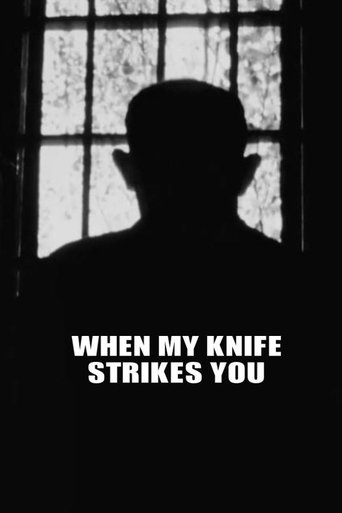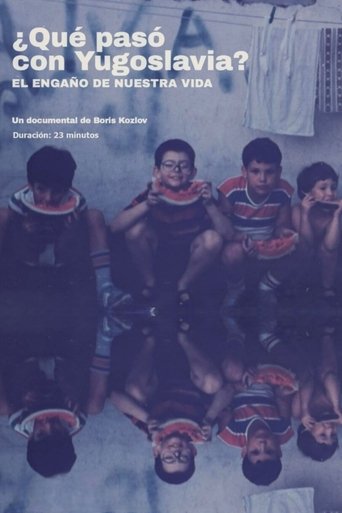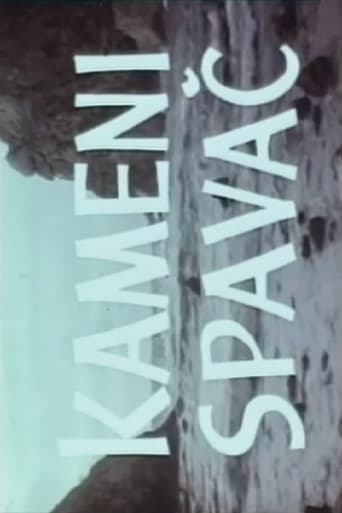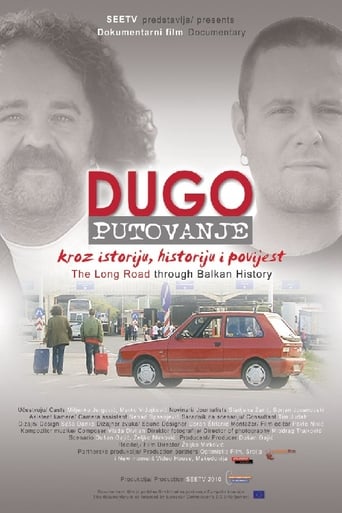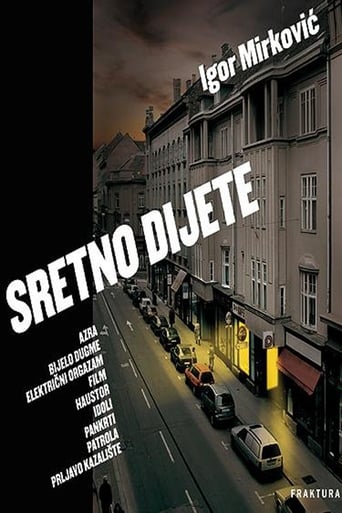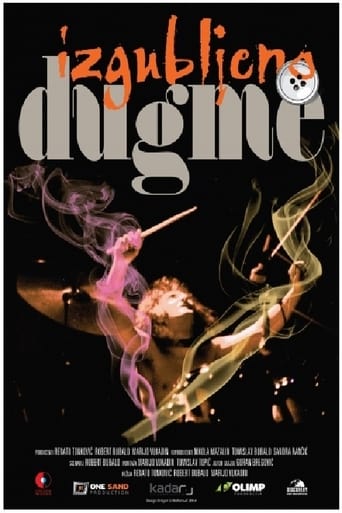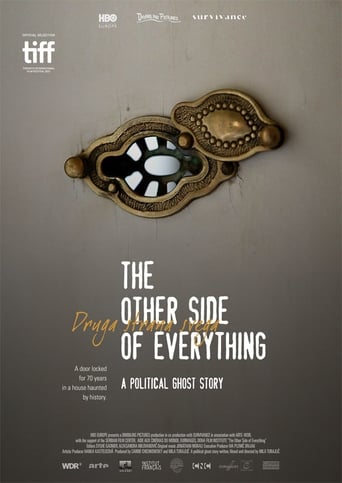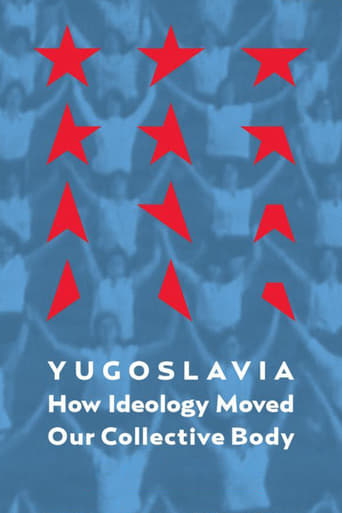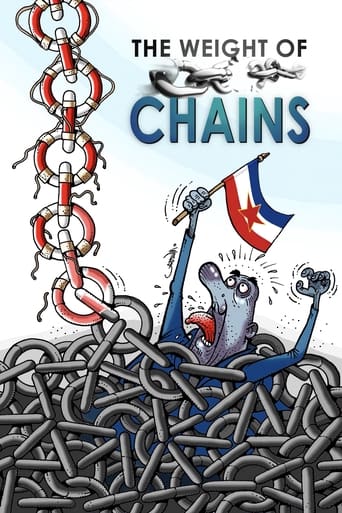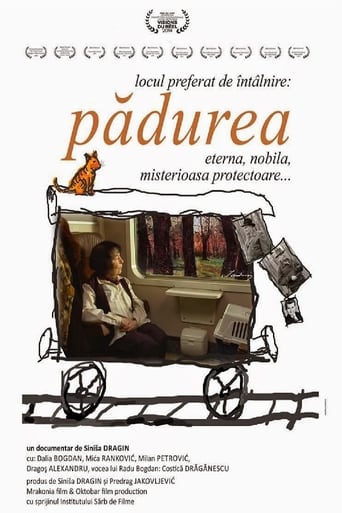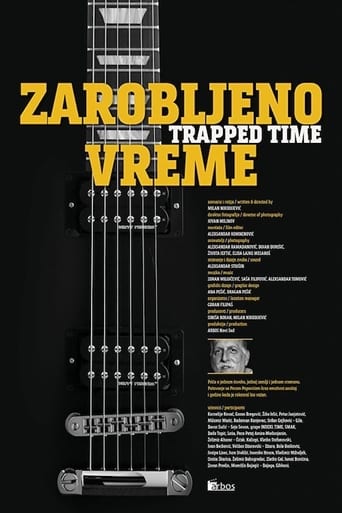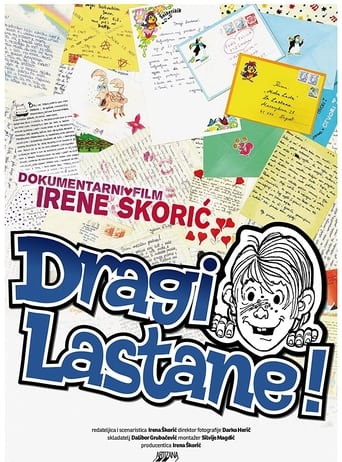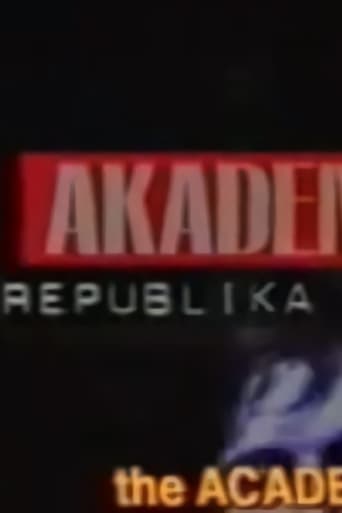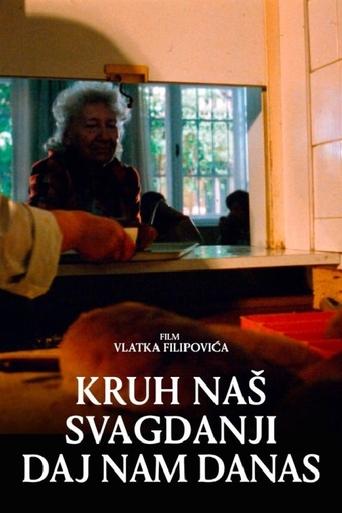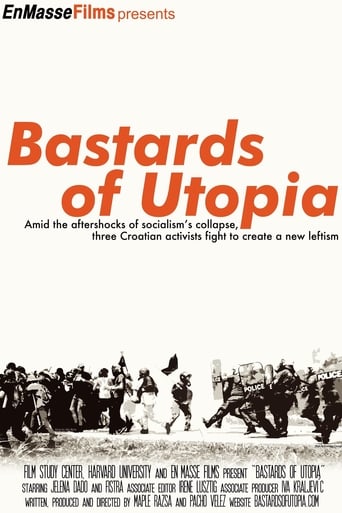IKEA for YU
Marija grew up in a family that lives Yugoslav ideals even today. Given that Marija and her family are of Serbian origin, who continued to live in Croatia, regardless of the pressures of the recent war, the Yugoslav identity is the one they felt closest to. She had always felt that her family's ideals were her own, until her life path turned her in a different direction. When she founded her own family with her husband, she began to question her parents' and grandparents' values, as well as her own, and if that was the environment in which she wanted to raise her son. Within a journey through the family history, Marija opts for a "new beginning" in a totally different environment and sets up a new home - in Sweden. This film is a story about growing up, separation from the nest, and accepting one's own value system, and how to get there, in the atmosphere of a stable and loving family.
